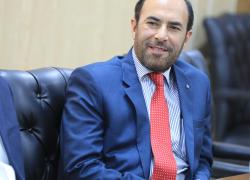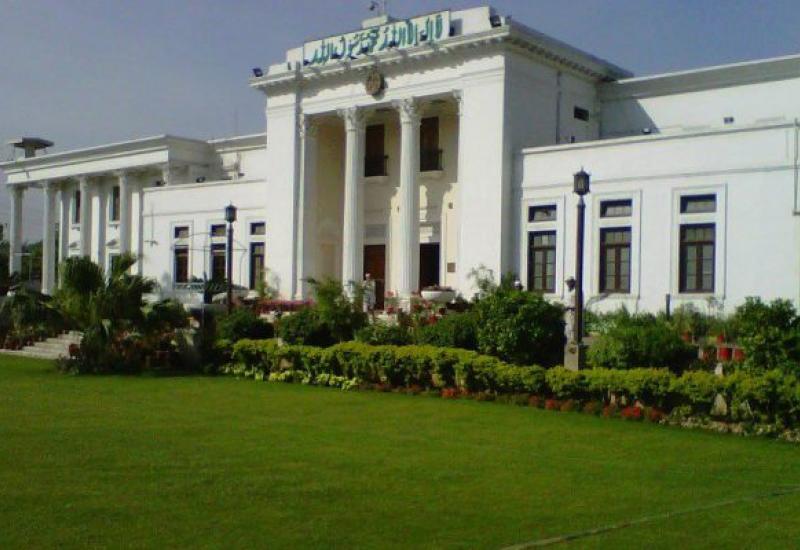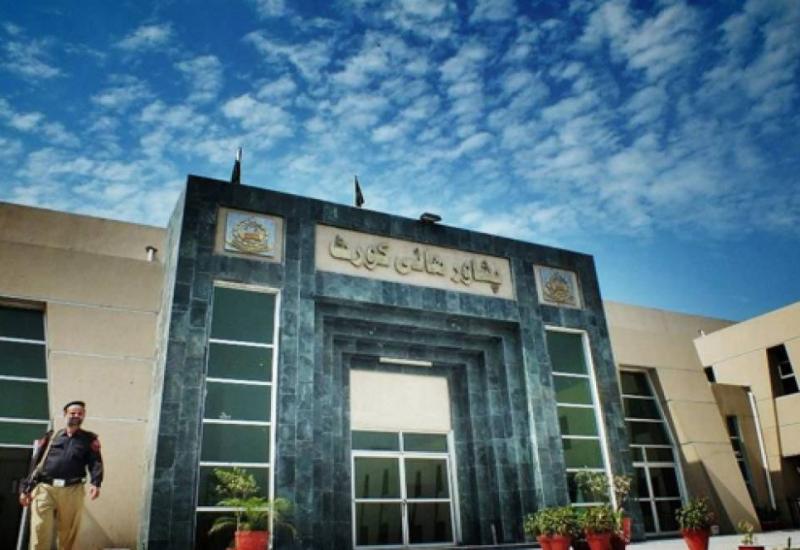The critically important amendments in the Universities’ Act made in 2016 and how it transformed the Universities’ Governance?
In a recent blog post, the implications of the major amendments made in the Khyber Pakhtunkhwa Universities’ Act, 2012 were discussed. The ramifications of some of these amendments led to further changes, modifications and adjustments in the Act. This resulted in the promulgation of the Khyber Pakhtunkhwa Universities’ (Amendment) Act, 2016
This blog post delineates some of the major changes made in the Khyber Pakhtunkhwa Universities’ Act 2015 through the Khyber Pakhtunkhwa Universities’ (Amendment) Act, 2016. Since, the Khyber Pakhtunkhwa Universities’ (Amendment) Act, 2016 remained in the field for some time, hence, numerous bottlenecks were surfaced during this period. This post deliberates upon the pros and cons of these amendments to have a deeper understanding of what these amendments entail in the first instance. Secondly, some of the positives and negatives of the amended Act have also been highlighted with recommendations to be made part of the next blog post.
Major changes in the KPK Universities’ Act, 2015
Some of the important changes made through the Khyber Pakhtunkhwa Universities (Amendment) Act 2016 are delineated here:
- Jurisdiction of the university: Through these amendments, the jurisdiction of the universities was revisited for the first time, stating that the university shall exercise its powers within the territorial limits notified by Government from time to time. Here, the words “technical limits” were deleted.
- Changes in the scope of the university: The Act limited the scope of the universities to the Khyber Pakhtunkhwa with the provision that the admission policy for persons outside the Province and FATA shall be such as may be prescribed by Regulations. Previously. No such provision was available in the Act.
- Changes in the composition of the statutory bodies: Through these amendments, the composition of the statutory bodies such as Senate and Syndicate and Academic Council were amended once again. The representations of the administrative officers in the governing bodies of the universities were increased. The Act also provided for the membership of all Deans of the faculties of the university in the Syndicate. Similarly, Registrar; and Treasurer were included in the composition of the Syndicate as members. Lastly, for the meeting of Syndicate, in the place of the Secretary Higher Education Department, his nominee not below the rank of a Deputy Secretary was made permissible. Previously, the nominee of the Secretary Higher Education Department not below the rank of Additional Secretary was the ex-officio member of the Syndicate, as was the case for other concerned Departments.
- Representations of women in the statutory bodies: In the Act, for the first-time, representation was given to the women, providing that at least three members of the Senate and Syndicate are required to be female. This was the first step towards gender inclusiveness in the universities’ governing bodies but on the flip side, it is technically more symbolic rather than practical as the composition of the Senate of various universities having no female member.
- Changes in the eligibility criteria for appointment of the Vice-Chancellor: The Act provided for a revised eligibility criterion for appointment of the Vice-Chancellor as the previously approved criterion was more impractical and overly ambitious as hardly anyone could meet the same.
- Changes in the powers of the Vice-Chancellor: The amendment Act empowered the Vice-Chancellor to hire employees under two different sections. Firstly, the Vice-Chancellor was authorized to create and fill temporary posts for a period not exceeding one year after which the posts shall stand abolished. Secondly, the Vice-Chancellor was permitted to hire employees on contract basis against the budgeted posts for a period not exceeding three years on the recommendations of a Selection Committee, constituted by the Syndicate, with no extension to be admissible beyond the period of three years of their employment.
- Provision of the Pro-Vice Chancellor: The Act for the first time, provided for the position of Pro-Vice-Chancellor to be appointed by the Chancellor from amongst the three senior-most Deans or Teachers, for a period of two years.
- Changes in the mechanism for the appointment of acting Vice-Chancellor: The Act also provided for the Pro-Vice-Chancellor to serve as Acting /officiating Vice-Chancellor to look after the office of the Vice-Chancellor when the regular Vice-Chancellor is on leave or when the post is vacant for any reason which did not require appointment of a regular Vice-Chancellor or in case of expiration of the tenure of the regular Vice-Chancellor.
- Provision of criteria for appointment of Dean: The Act provided for a comprehensive criteria and mechanism for the appointment of the Dean incorporating a separate Schedule-III to that effect.
- Term of office for the statutory officers: The Act provided that the Registrar, Controller of Examination, Treasurer and Auditor shall be appointed on regular basis by the Syndicate from a panel of up to three candidates recommended by the Selection Board in order of merit with the provision that no member of the teaching faculty shall be assigned the duties of the Registrar on acting or dual charge basis beyond the period of three months. Besides, another provision states that the Syndicate may, on the advice of the Vice-Chancellor, terminate the appointment of the Registrar, Controller of Examination, Treasurer and Auditor on grounds of gross misconduct before completion of their tenure.
- The right person for the right job: The Act provided that the administrative positions in universities shall be filled by the administrative officers of the university on regular basis and in no case teachers and officials other than the administrative officers shall be posted on these positions.
Pros and cons
This piece of important legislation resolved many grey areas in the previous Act. Nevertheless, it created many new complications. Some of these are listed here:
- The Act provided that the Registrar, Controller of Examination, Treasurer and Auditor shall be appointed on regular basis by the Syndicate from a panel of up to three candidates recommended by the Selection Board in order of merit. The provision of a panel of up to three candidates is perplexing. This confusion was multiplied by another provision which states that the Syndicate may, terminate incumbents of these before completion of their tenure notwithstanding these are fulltime positions.
- The representations of the administrative officers in the governing bodies of the universities were increased, out of the blue, from two to three. Yet, the administrative officers were striving hard, from the day first, to make it equivalent to the teaching faculty which needs thoughtful consideration of the policymakers.
- Notwithstanding the trenchant provision of the Act stipulating that the administrative positions in the universities shall be filled by the administrative officers of the universities on regular basis, however, in many universities teaching faculty have been occupying the same in clear violation of the Act.
- Though the amended Act provided that the Secretaries Establishment and Finance Departments, or their nominees not below the rank of Additional Secretaries are the members, but virtually, the Deputy Secretaries and even Section Officers used to attend the meetings of the Syndicate which at time, created legal complications as in a recent case the court directed a university to ensure that only the legitimate members attend the meeting of the Syndicate.
These complications called for further changes and modifications in the Khyber Pakhtunkhwa Universities’ (Amendment) Act. 2016. Hence, new amendments are about to be tabled in the provincial assembly through the Khyber Pakhtunkhwa Universities’ (Amendment) Act. 2019.
In the next blog post, the 05 important reasons why policymakers should amend the Universities’ Act some useful suggestions have been made for the policymakers on how to make the new amendments more effective.

















